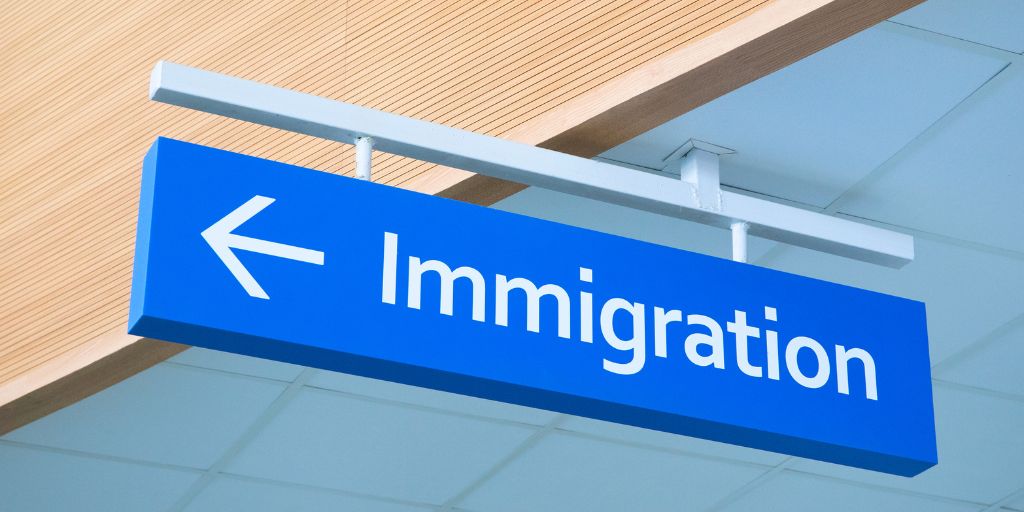FAQ - Immigration Law
-(1024-x-512-px)-C4EX.jpg?alt=media&token=b371e240-af00-4c83-adcf-f2de41f76847)
1
What are the general requirements for immigrating to a new country?
- Requirements vary by country, but generally include criteria such as age, education, work experience, language proficiency, and financial stability. Some countries may also require a job offer, family sponsorship, or investment.
2
How do I apply for a visa or permanent residency?
- The application process typically involves submitting an online or paper application, providing supporting documents (e.g., identification, proof of education and work experience, medical exams, police clearances), paying applicable fees, and sometimes attending an interview. Check the specific country’s immigration website for detailed instructions.
-(1024-x-512-px)-(1)-HC7F.jpg?alt=media&token=b54ac9ae-49bf-4484-8a27-76be00351dbc)

3
What types of visas are available, and which one is right for me?
- Visa categories include work visas, student visas, family reunification visas, investor visas, and humanitarian visas (e.g., asylum). The right visa depends on your purpose for immigrating, qualifications, and personal circumstances. It’s best to consult an immigration lawyer or the official immigration website of the country you’re interested in.

4
How is child support calculated?
- Child support is calculated based on guidelines that consider the income of both parents, the amount of time each parent spends with the child, and the child's needs. Each jurisdiction has specific formulas to determine the support amount.


5
Can my family members join me if I immigrate?
- Many immigration programs allow for family reunification, enabling spouses, children, and sometimes other relatives to join you. This typically requires a separate application for each family member, proving your relationship, and demonstrating financial capacity to support them. Specific requirements and procedures vary by country.

6
What are the common reasons for visa application denial?
- Common reasons for denial include incomplete or inaccurate applications, insufficient financial resources, failure to meet health or character requirements, lack of supporting documents, and not meeting the specific criteria for the visa category applied for. Legal advice can help mitigate these risks.


7
How do I check the status of my immigration application?
- Most countries provide online tools to check the status of your application using a reference number. Alternatively, you may contact the immigration office directly by phone or email. The processing time estimates and status updates will be available on the official immigration website.

8
What are my rights and responsibilities as an immigrant?
- Rights and responsibilities vary by country but generally include abiding by the country’s laws, paying taxes, and respecting cultural norms. Immigrants may have the right to work, study, access healthcare, and participate in civic activities. It's important to familiarize yourself with both the benefits and obligations specific to the country you are moving to.


9
Can I work or study while my immigration application is being processed?
- This depends on the visa type and the country’s regulations. Some temporary visas allow for work or study, while others may not. For instance, student visas often permit part-time work, and some work visas allow for studies. Check the conditions of your specific visa category.

10
How can I find legal assistance or representation for my immigration case?
- Look for licensed immigration lawyers or accredited immigration consultants. You can find them through bar associations, legal aid organizations, or recommendations from trusted sources. Ensure they have good reviews and experience in immigration law. Initial consultations can provide insight into their expertise and approach.

